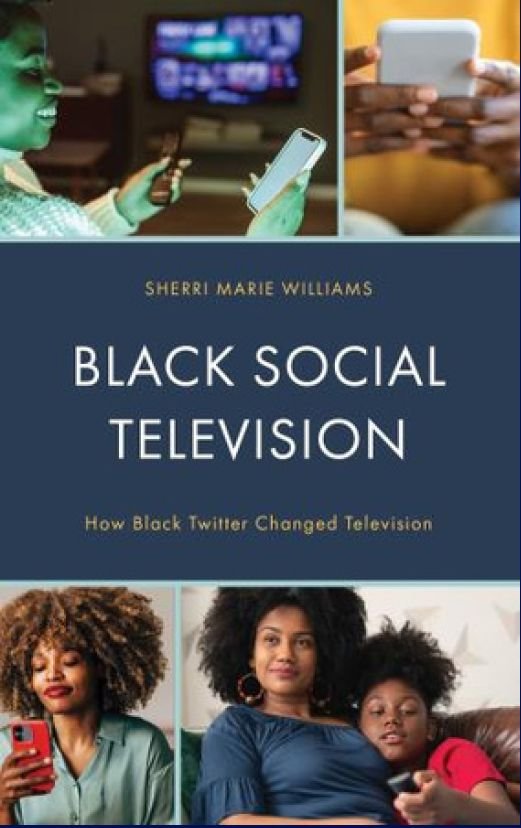Representation Revolution: Black Twitter’s Lasting Impact on Television

Time: March 21, 2025, 10:30 a.m. - 11:30 a.m.
Location: I3 Center (434, Newhouse 3)
Sherri Williams (American University)
Just as Black Twitter demanded social equity through its network, Black Twitter also advocated for a representation revolution in television. Some shows were blocked from airing, some were taken off the air, and others were revived because of the Black social TV network. In the new book Black Social Television: How Black Twitter Changed Television Sherri Williams positions this activism as an extension of Black people's historic advocacy related to the use of their image, dating back a century to when the NAACP attempted to block screenings of the notoriously racist 1915 film The Birth of a Nation. Williams explains how Black audiences' use of social media impacted the way television is watched, developed, and produced through digital discourse and activism, primarily on Twitter (now known as X). ABC’s Scandal was a social television powerhouse with impactful social media engagement. But Black viewers were among the first to tweet about the show because they were starved for it and invested in it because it was the first network drama in 40 years to star a Black actress.
Williams also notes that Black networks and creatives were early innovators of social television, especially BET (Black Entertainment Television) which encouraged viewers of its music video countdown show 106 & Park to use hashtags as early as 2010. Furthermore, Williams demonstrates how Black content creators, like Justin Simien and Quinta Brunson, used social networks to develop their content and loyalty among audiences to ultimately bypass Hollywood's traditional gatekeepers. Finally, Williams touches on how contemporary events, such as the COVID pandemic (Club Quarantine and Verzuz) and Elon Musk's acquisition of Twitter, affected how Black content creators engage with their content and audience and vice versa. Social media helped to usher in a new era of Black representation on television and Williams documents that in Black Social Television: How Black Twitter Changed Television.
About the speaker: Dr. Sherri Williams is a journalism and media studies professor who teaches classes on race and representation at American University in Washington D.C. Her research centers media portrayals of Black women. Williams believes that storytelling can be a tool for liberation. She teaches her students to produce stories that center the marginalized. Williams is the author of Black Social Television: How Black Twitter Changed Television and a forthcoming book on identity and reporting. Williams was the 2021 National Association of Black Journalists’ Journalism Educator of the Year. In 2024 she was awarded the Association for Education in Journalism and Mass Communication’s Best Teaching Practices Award. She worked as a journalist for a decade, including at the Associated Press, before she transitioned into academia. Williams earned her master’s and doctoral degrees at the Newhouse School at Syracuse University. She is a proud graduate of the historically Black university Jackson State University. Williams is a native of Kalamazoo and Benton Harbor, Michigan.
